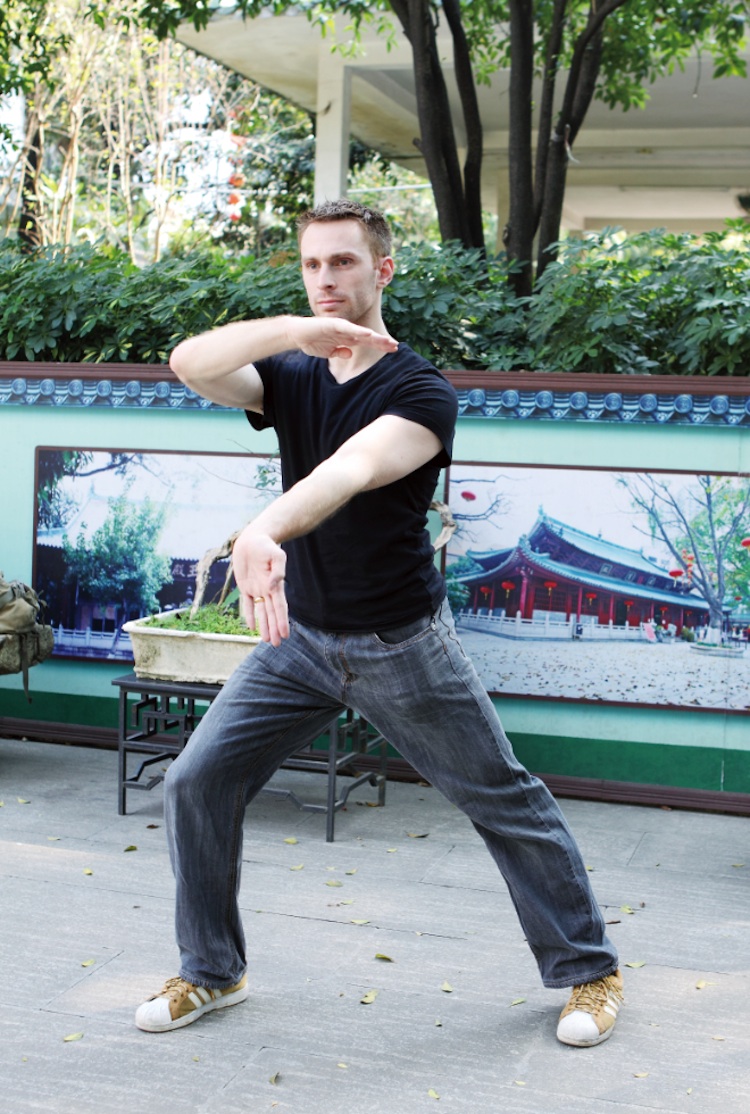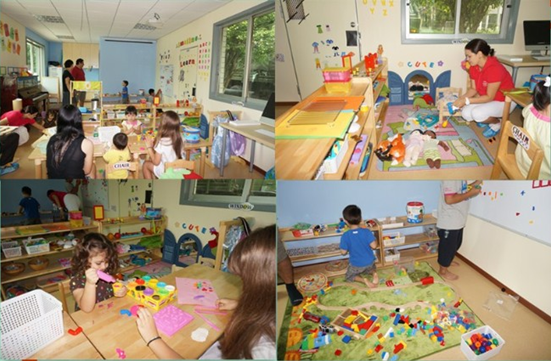Watching the World Cup on television was extremely entertaining, but imagine if you had the chance to see it live in Brazil. Imagine thousands of painted faces and cheering fans, the adrenaline rush when a goal is scored, and the atmosphere of anticipation, surprise and satisfaction. It’s a much more encompassing experience, isn’t it? While the television provides the viewer a visual play-by-play of what each team or athlete is doing, actually sitting in the stands gives the fan the real experience that images can't replicate. On many levels, the same can be said for learning.
A student can read about the Italian Renaissance or watch a video about the ocean, but it does not have the same impact as seeing the sculptures and paintings in Italy or enjoying the marvels at an aquarium. This can hold especially true when it comes to learning and experiencing particular topic areas, such as science, history or art. In areas like science, for instance, most schools don’t have the field equipment or means available to show students what can be accomplished. And, in recent years, interest has waned in the scientific field as more students decide to pursue careers in other industries.
In 2004, Michael Reiss, a lecturer at the University of Leeds, and Martin Braund, a professor at the University of London, published a book about the importance of out-of-school learning called Learning Science Outside the Classroom. Research from the book was later published in the International Journal of Science in 2006, which highlights several arguments on why students should go on meaningful activities and field trips outside of school. Ten years on, this book is still extremely relevant. And no one knows it better than Ray Tang, from Oxbridge Education China (OEC), and Terri Zhu, Director of Indier Outdoor Education.
"One of the things we're trying to do is to promote our out-of-school one-to-two week summer camps as a way of getting students interested in topics like science and discovery, adventure quest and journalism," says Tang. In OEC’s journalism camp, for example, students must create their own magazine, which engages them and gives them an opportunity to own their newly acquired skills. "It's not just a question of knowing what it is they are interested in. We also want them to know all the other things. It's promoting an interest in these things and using the resources around us. That is important to us."
The research Braund and Reiss conducted also concludes that it is highly important to take students on excursions, known as residential or experiential trips, that promote informal learning, where students get a chance to travel and explore various countries or locations with their peers and teachers. Indier Outdoor Education, an experiential learning company based in Shenzhen, put the research into practice by inspiring students through programs that involve activities such as surfing, kayaking and hiking along Shenzhen’s Dapeng Peninsula.
Indier also offers two-week international trips to the great frontier of North America, where students can find themselves trekking, fossil hunting and culturally immersing themselves in scenic sites such as Lake Idaho and the beautiful Cascade Mountains.
"Experiential trips are some of the most memorable moments in a child’s development," says Indier’s Terri Zhu. "They provide learning opportunities and personal growth in ways that traditional teaching practices can’t achieve. Students improve cognitive ability through activities that nurture creative, instill confidence and develop independence, among other benefits."
While there is substantial support for outside learning experiences, many parents, like Samantha Randel-Lancaster, a Guangzhou-based mother of two children aged 13 and 16, feel that students are missing essential learning time in their subjects, which may affect exam results, on which they are judged.
“I personally prefer more formal lesson time. There is increasing pressure on schools to maximize student attainment in examinations. But these examinations often do not truly reward learning in out-of-school settings," says Randel-Lancaster. "I also feel that with today's stricter health and safety considerations and weather irregularities, schools find it harder to take students out of the classroom."
But both Tang and Zhu beg to differ. “I just think that there are lots of things that can be taught outside the classroom when schools are not in session, that you can never replicate on a virtual trip, website, DVD or whatever it might be," says Tang.
It looks like there’s no better time than now to re-engage our young generation with real-world engagement.
// For more information about Oxbridge’s Education Centre’s courses in August, call 1380 2952 430/020-8568 4712, visit www.oxbridgechina.com.cn or email info@oxbridgechina.com.cn
For more information about Indier’s Outdoor Educational Programs in August, call 0755-8382 9601, visit www.theindier.com.cn or email nihao@theindier.com.cn




















0 User Comments